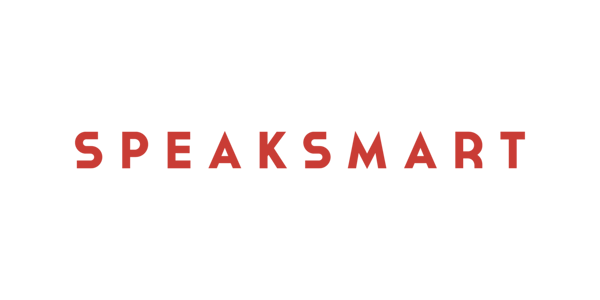A Fully Agreeable Team is a Red Flag
A Team is Not a Family 🚩
Unlike a family, where harmony is often the ideal, a strong team should encourage debate, critical thinking, and open discussion. When no one dares to challenge ideas, raise concerns, or ask tough questions, the team risks falling into groupthink—a situation where a plan that seems great internally fails spectacularly in the real world.
The consequences of groupthink can be severe. Every year, misguided business decisions—rooted in a lack of internal debate—cost companies billions of dollars. On a larger scale, groupthink has played a role in stock market crashes and real estate bubbles. In some cases, it has even led to loss of life, as was the case with the Columbia space shuttle disaster in 2003, where critical concerns were overlooked.
Here in Estonia, we’ve worked with companies where team members enthusiastically supported each other’s ideas, nodding in agreement to every new sales pitch—only to realize too late that their product or service didn’t resonate with customers as expected.
The Best Teams Argue. Productively
The most effective teams debate and challenge ideas in a constructive way. This doesn’t mean personal conflicts or unnecessary tension—it means critically assessing plans before they reach the market. When someone identifies a flaw early on, the team should see it as a valuable contribution rather than an attack.
Yes, meetings where ideas are thoroughly debated require more mental effort than quickly agreeing on a consensus. Yes, they push people out of their comfort zones. But ask yourself this: would you prepare your proposal more carefully if you knew everyone would agree with you no matter what? Or would you put in more effort if you knew that a colleague—let’s say Peter—would challenge every weak spot in your plan?
Leadership Sets the Tone
Leaders play a crucial role in preventing groupthink. One effective approach is withholding opinions at the start of a discussion. When leaders immediately express their stance, team members may hesitate to offer alternative perspectives. Instead, a good leader fosters an open discussion, then makes a decision based on the best arguments presented.
Some industries even train employees to challenge authority. Many airlines, for example, have specialized programs that teach co-pilots how to question the captain’s decisions, ensuring that critical errors don’t go unchallenged. In high-stakes environments, groupthink can be deadly.
Disagreements Are a Strength
It’s natural to want to avoid conflict, but healthy disagreement is an asset—as long as it’s focused on ideas, not personal attacks. Constructive debate, backed by logic and reasoning, leads to better decisions, stronger teams, and ultimately, greater success.
So, the next time your team is making an important decision, ask yourself: Are we debating the idea—or just agreeing to keep things comfortable?
|
Margo Loor Lead Trainer and Moderator SpeakSmart |



